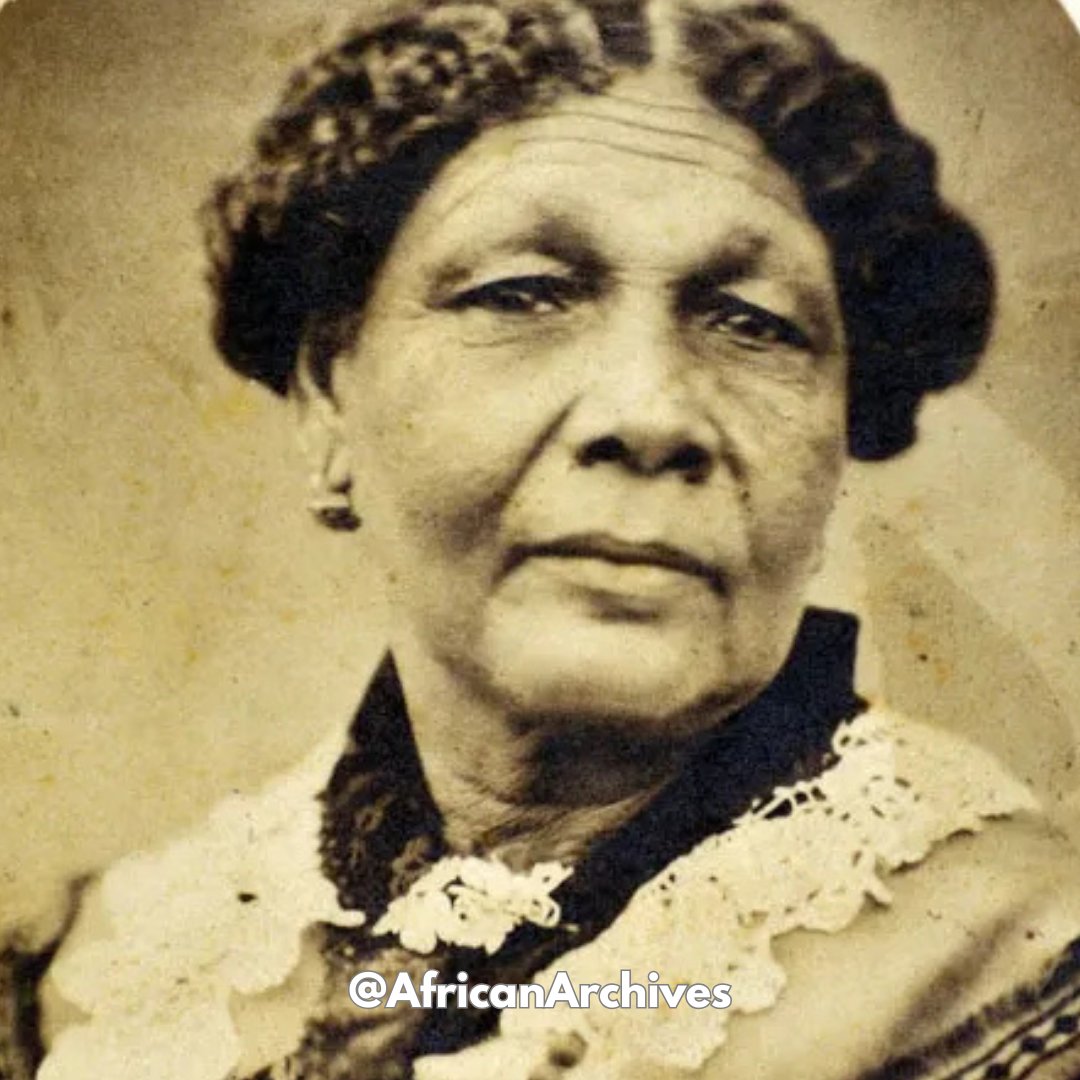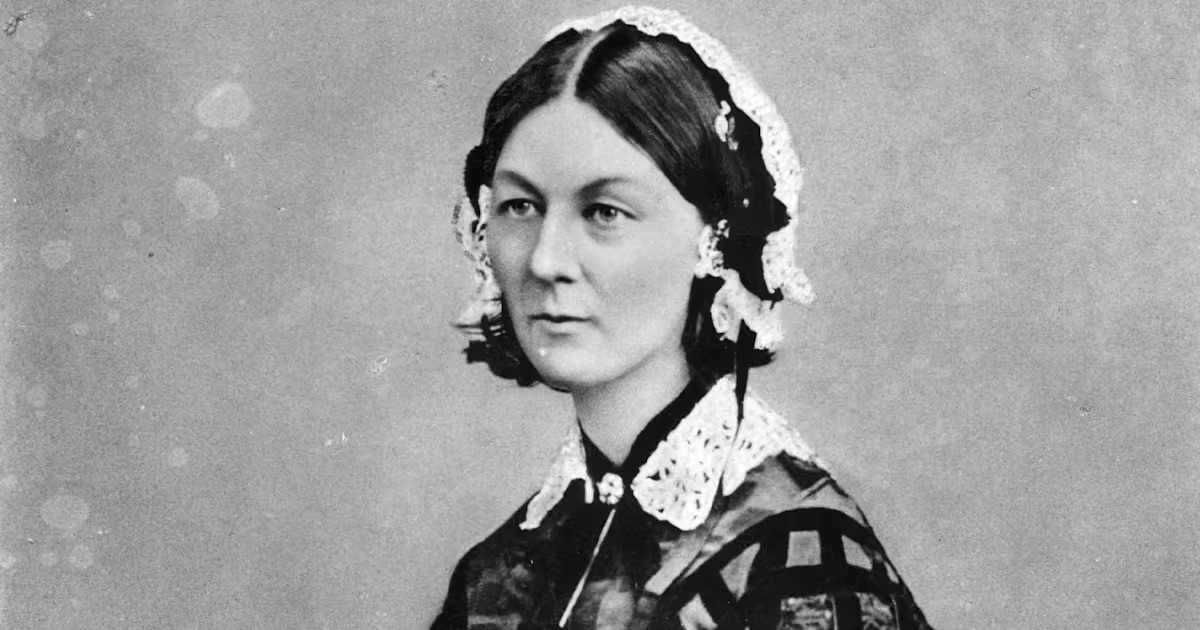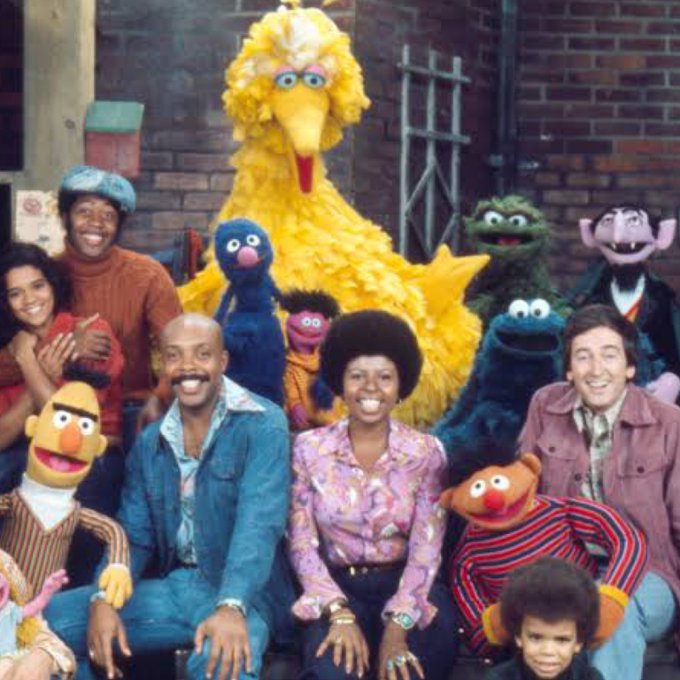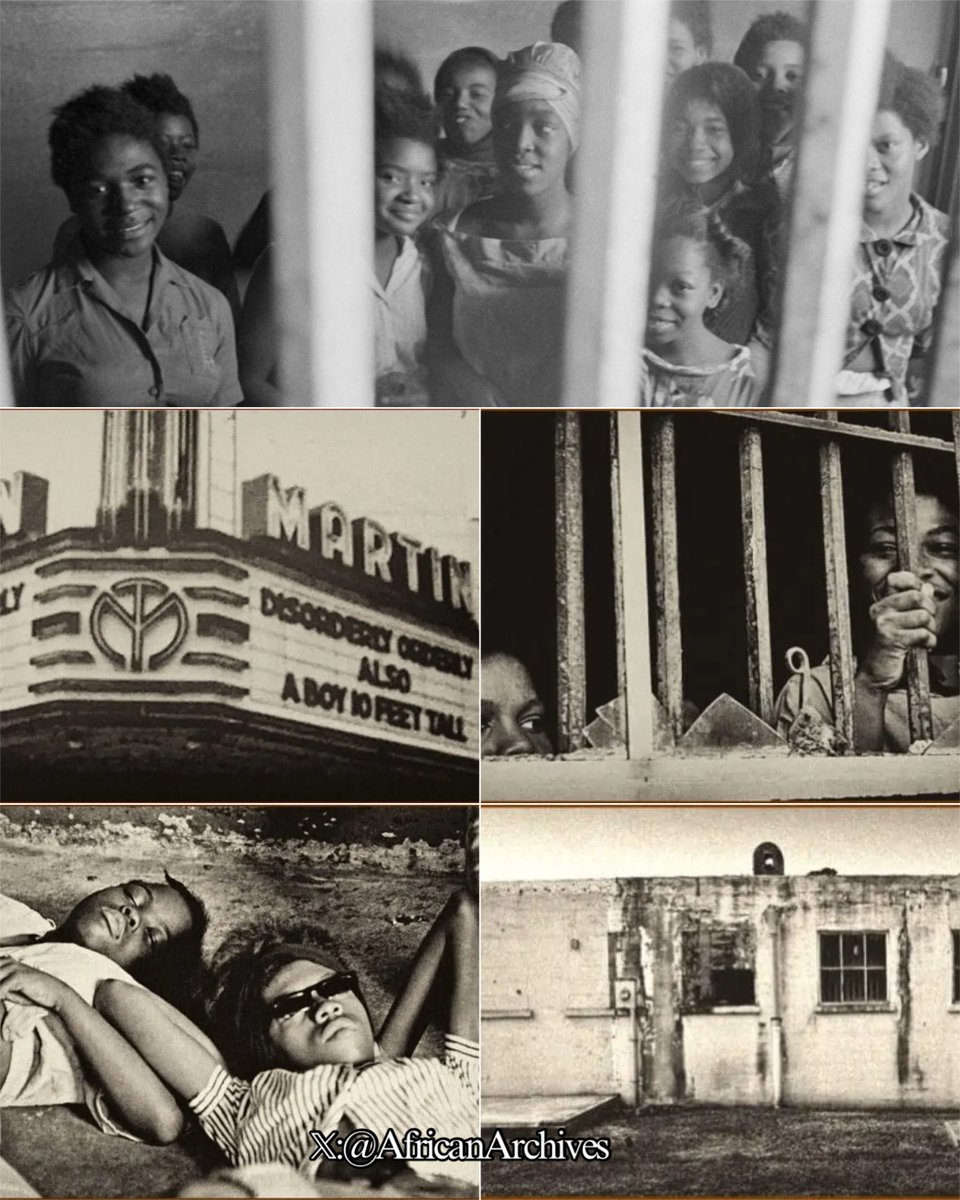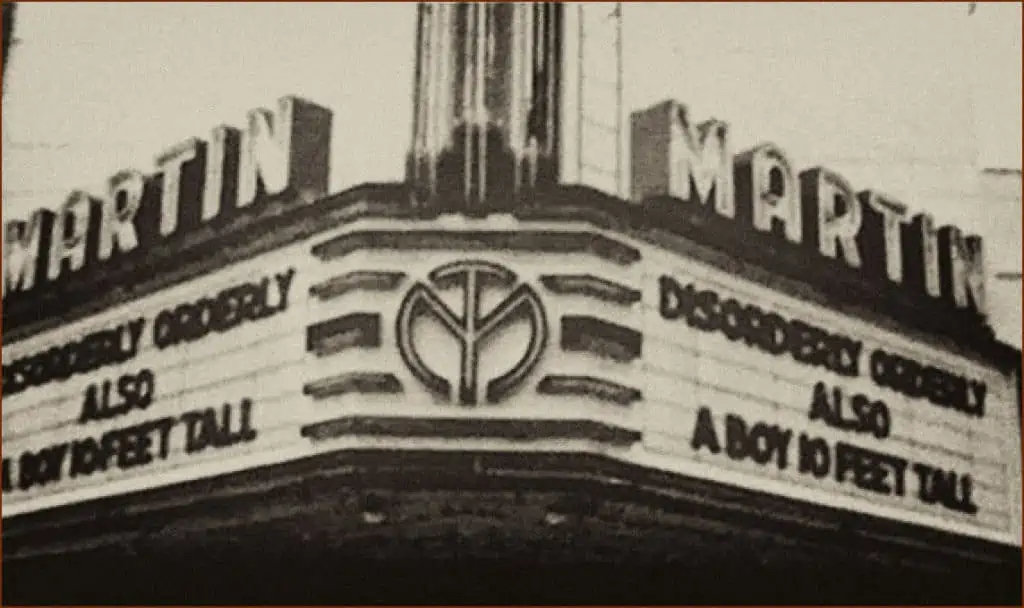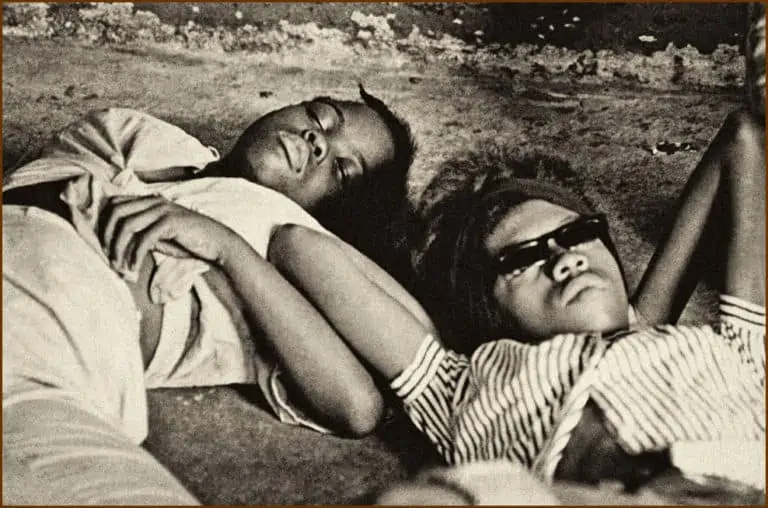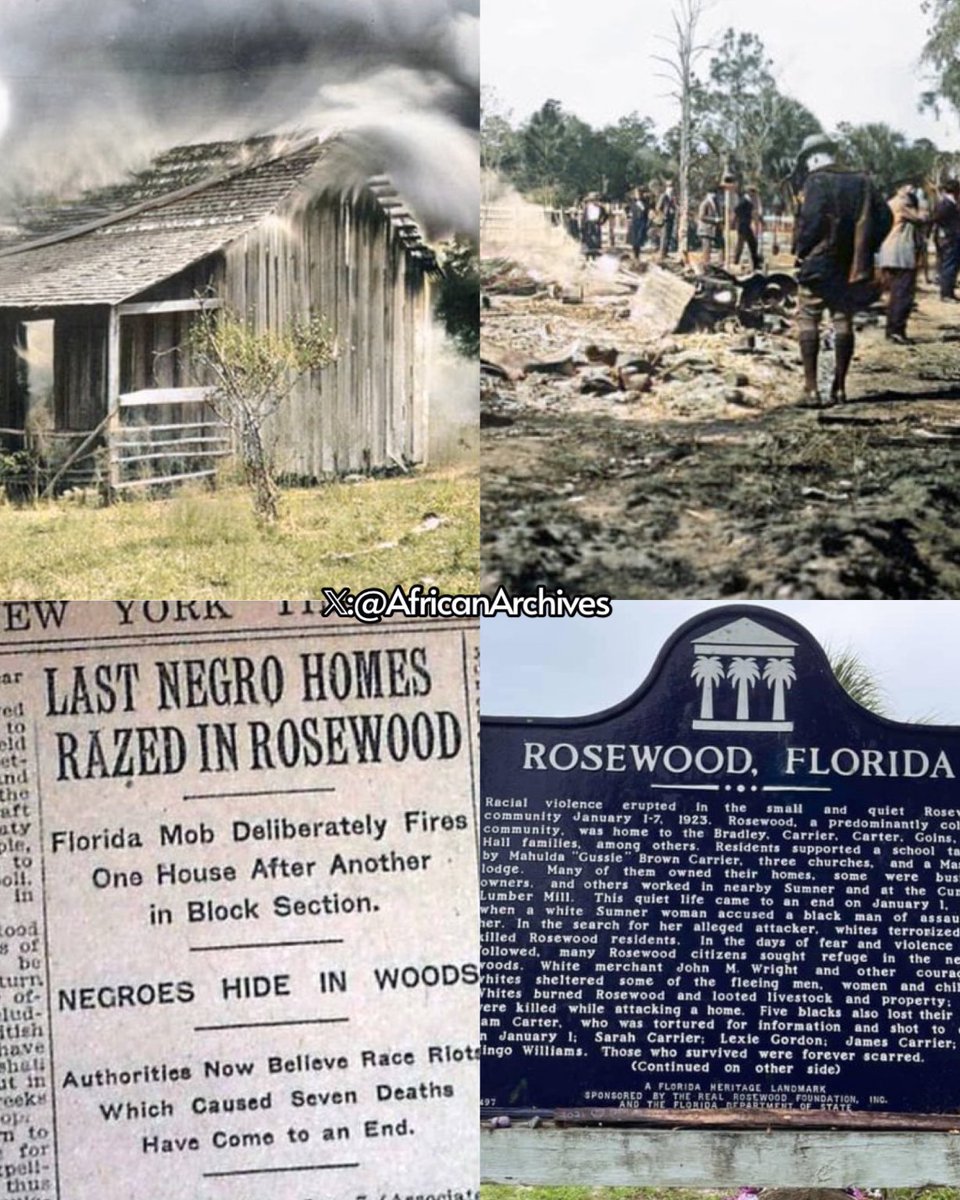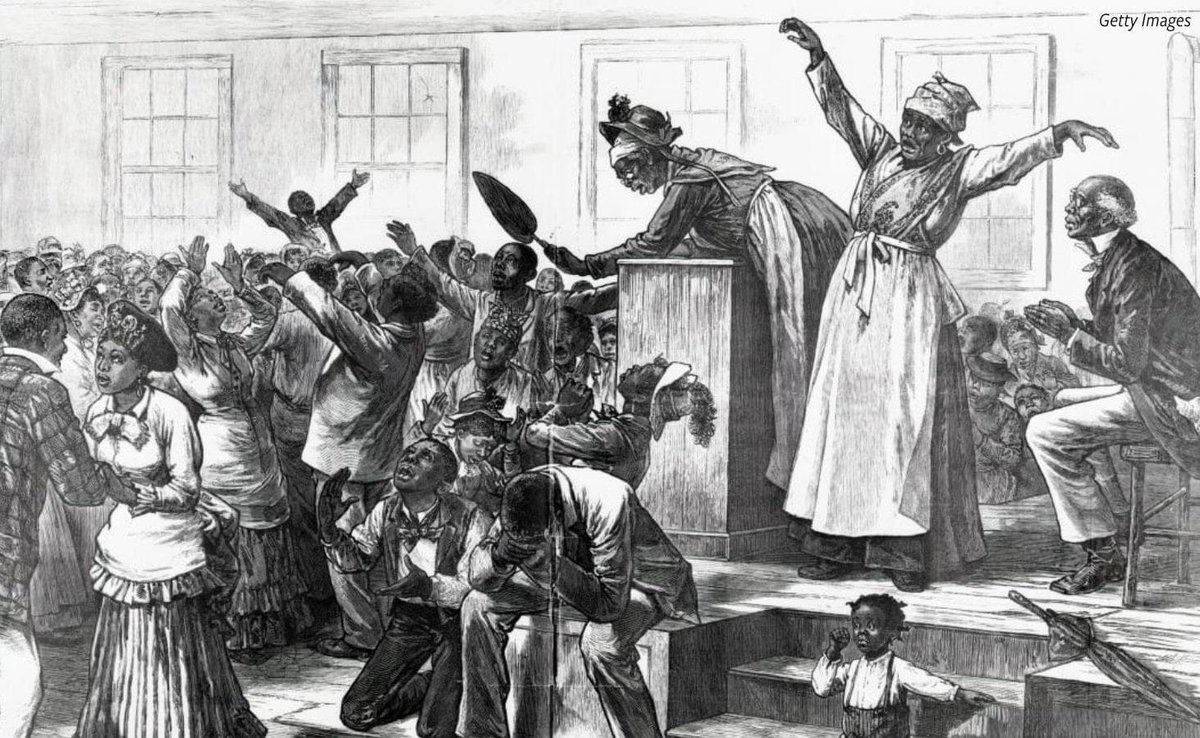The Battle of Bamber Bridge, 1943.
Racist US military police attacked black US troops on British soil.
US military authorities demanded the town’s pubs impose a colour bar, the local landlords responded with signs that read “Black Troops Only” which pissed them off.
A THREAD
Racist US military police attacked black US troops on British soil.
US military authorities demanded the town’s pubs impose a colour bar, the local landlords responded with signs that read “Black Troops Only” which pissed them off.
A THREAD
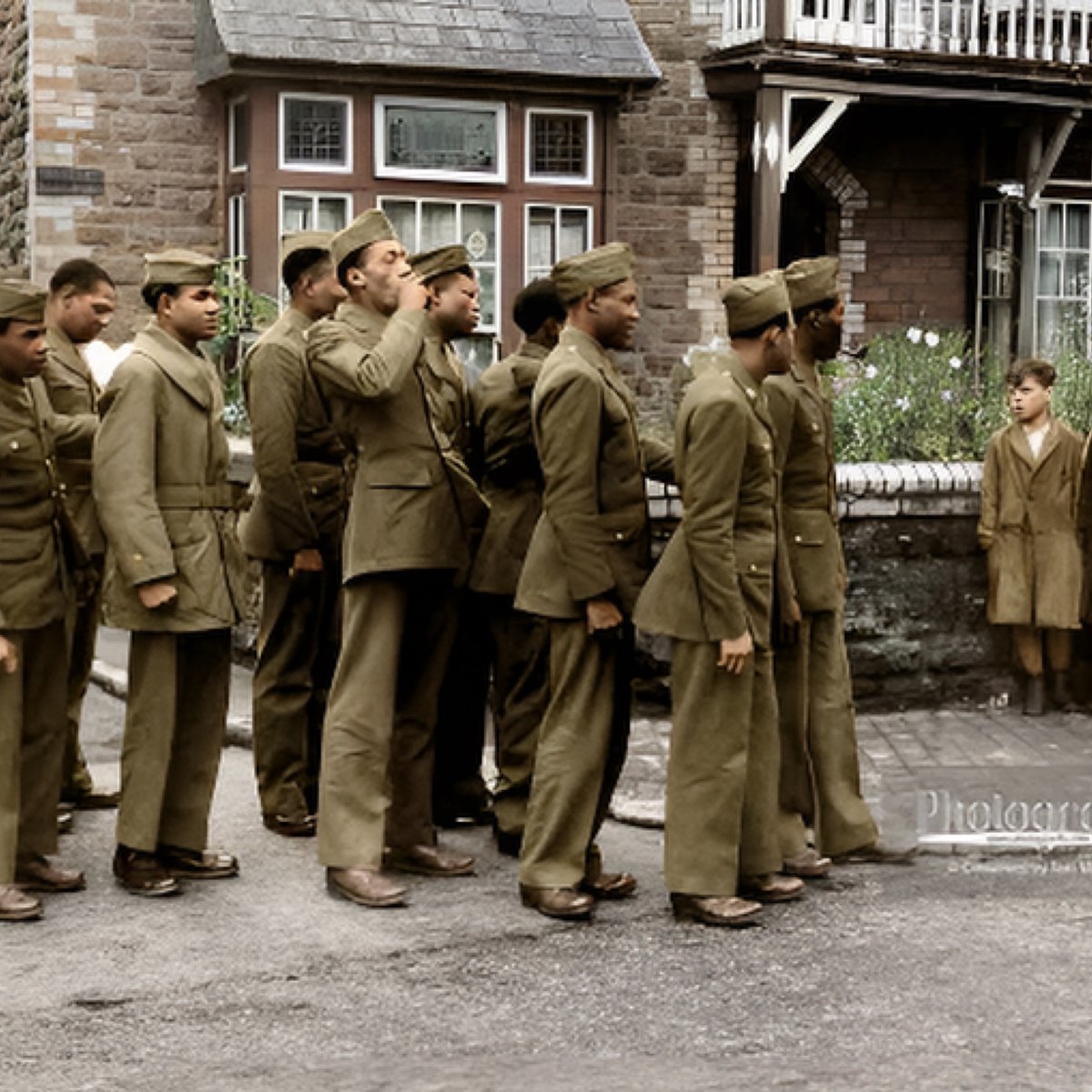
In 1943 Black American soldiers faced off with white American Military police during World War 2 on British soil. Black American soldiers had to fight their own white American soldiers, while in England, where they were fighting the world war.
Why? Because the town, Bamber Bridge in Lancashire wasnt segregated so they treated the black soldiers like all other races, BUT back in America segregation still existed so essentially the American army went to someone else’s country & demanded they adopt their racist practices 

So when the American Military police found out that their own black soldiers were drinking at the same pubs as white people, they went in to arrest them. The people in the town got mad about that treatment and decided to then turn their pubs into “BLACKS ONLY DRINKING PUBS”
This pissed off the American military so guns went blazing & when word spread back at camp that black soldiers had been shot, scores of men formed a crowd, some carrying rifles and by midnight more American military police arrived with a machine gun-equipped vehicle. 

The black soldiers also had no choice but to get rifles from British stores while others barricaded themselves back on base, so now it was American white soldiers verzuz American black soldiers
This lead to the death of 1 solider, injury of 7, and 32 convictions.
Back in America the battle was hushed up because they didn’t want the country to find out that they were fighting their own soldiers which would anger the black population and weaken the morale in the country.
Back in America the battle was hushed up because they didn’t want the country to find out that they were fighting their own soldiers which would anger the black population and weaken the morale in the country.
you may read about the ill treatment of black American soldiers by their own army in the book FORGOTTEN. 

If you love my content, You can support my history page here through donations/tips to keep up on: ko-fi.com/africanarchives


• • •
Missing some Tweet in this thread? You can try to
force a refresh



